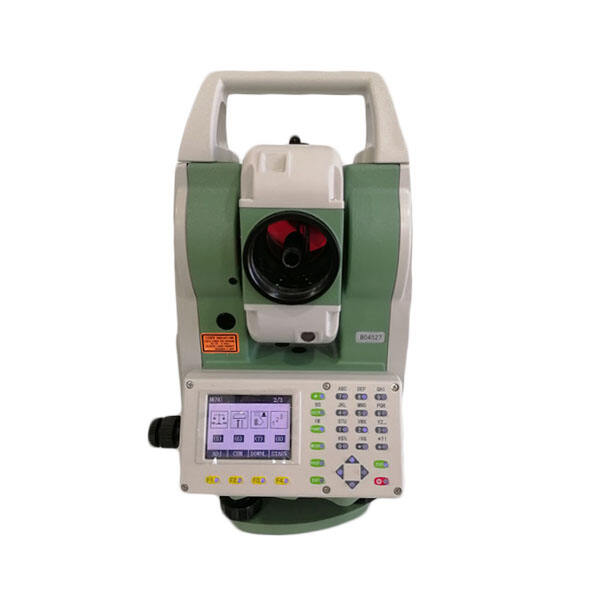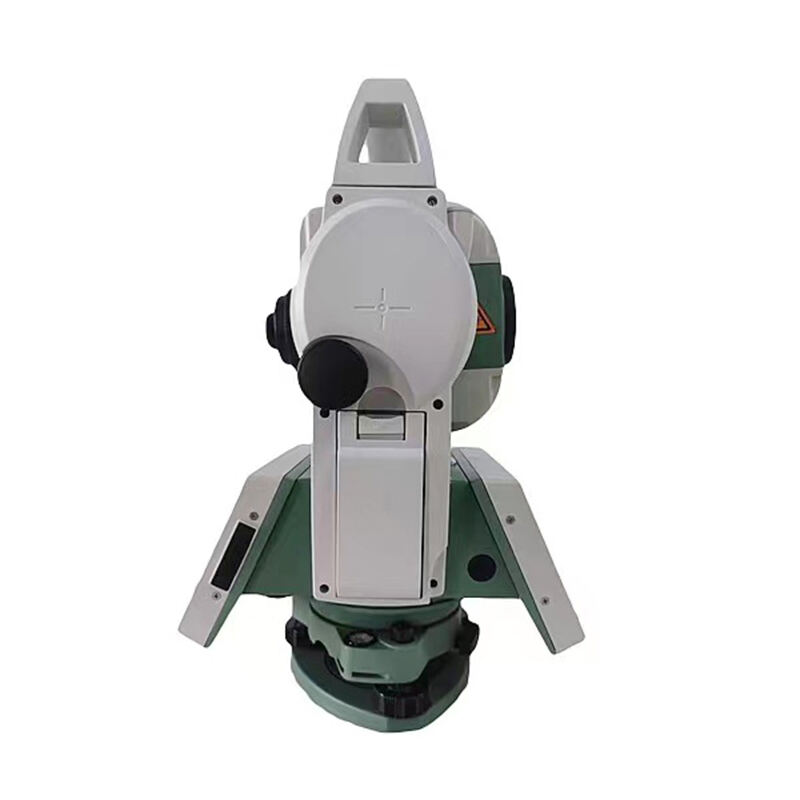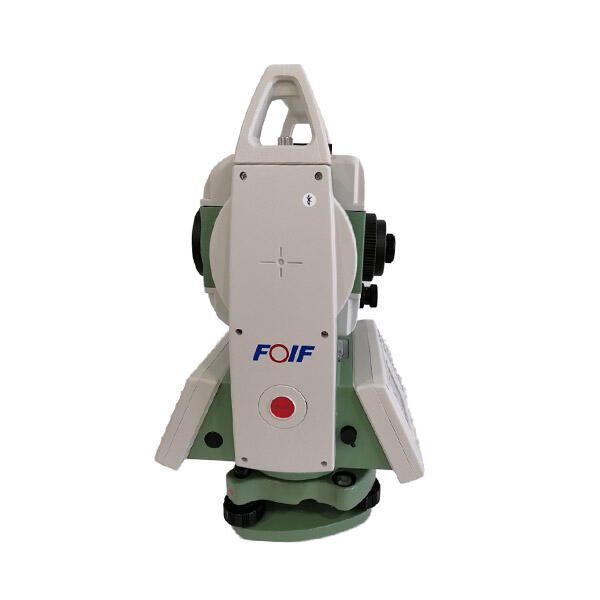station total
A total station is an advanced surveying instrument that combines electronic distance measurement, angle measurement, and data processing capabilities into a single integrated system. This sophisticated device serves as the cornerstone of modern surveying operations, enabling professionals to perform precise measurements and calculations with unprecedented accuracy. The instrument incorporates electronic theodolites, electronic distance meters, and microprocessors to measure both horizontal and vertical angles, as well as slope distances. Modern total stations feature robust data collection systems, allowing surveyors to store thousands of points and measurements directly in the instrument's memory. These devices typically include built-in software for various surveying calculations, coordinate geometry, and stake-out functions. Many contemporary models are equipped with wireless connectivity options, enabling seamless data transfer to external devices and integration with other surveying tools. The total station's precision is enhanced by its ability to automatically correct for atmospheric conditions, curvature, and refraction, ensuring measurements maintain accuracy across varying environmental conditions. Advanced models often incorporate features such as automatic target recognition, robotic operation capabilities, and integration with GPS systems, making them invaluable tools for construction, engineering, and topographic surveying applications.


